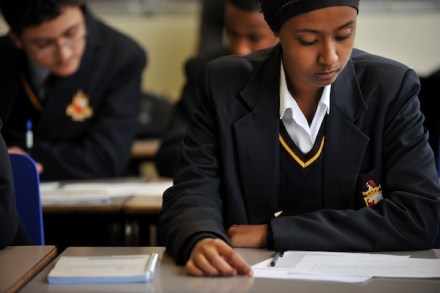Training does not make the best teachers
None of us would accept being treated by a doctor or by a nurse who hadn’t had extensive training, nor would we want legal advice from someone who hadn’t been through law school. Nor would we be comfortable with our company accounts being managed or audited by anyone not trained to a high level in accountancy. So why should we accept teachers coming into our schools who haven’t been properly professionally taught how to teach in a college or university? Schooling is a once-in-a-lifetime opportunity, and poor teachers, as research shows, destroy life chances. How can we play dice with our children’s lives? Well, as someone who has been head















